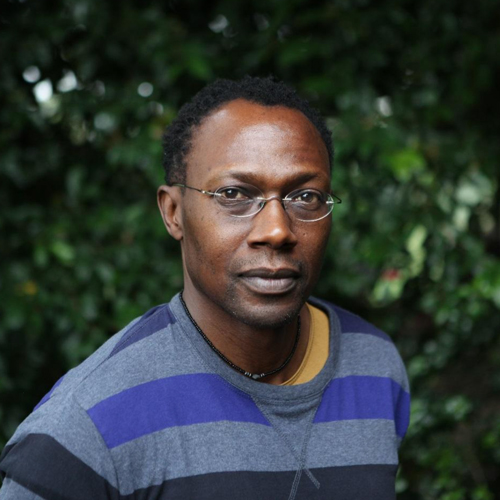Dixon Chibanda a fait l'objet d'articles dans le Financial Times, dans l'épisode Brief But Spectacular de PBS NewsHour, dans Positive News, et a écrit sur son travail pour The Guardian, LA Times, Project Syndicate. Il s'est également adressé à des publics lors du Forum économique mondial, du Forum mondial Skoll, de l'Assemblée mondiale de la santé, du Festival d'idées d'Aspen et de la conférence TEDWomen. En tant que médecin praticien, professeur de psychiatrie et de santé mentale mondiale à l'université du Zimbabwe et à la London School of Hygiene & Tropical Medicine, Dixon a exploré l'intersection des connaissances indigènes et des modèles de soins occidentaux pour développer des interventions durables dans le domaine de la santé mondiale. Son exposé TED sur les raisons pour lesquelles il forme des grands-mères au traitement de la dépression décrit le parcours du banc de l'amitié. Plus de 100 publications scientifiques du programme, évaluées par des pairs, sont accessibles en ligne.
Depuis plus d'une décennie, il joue un rôle clé en réunissant les différentes parties prenantes - autorités sanitaires locales, professionnels de la santé, chercheurs nationaux et internationaux et donateurs - afin de mettre en place des collaborations fructueuses. Dixon Chibanda est psychiatre et a suivi une formation en santé publique. Il est le directeur de l'Initiative africaine de recherche en santé mentale (AMARI), un programme de renforcement des capacités visant à développer l'excellence en matière de leadership, de formation et de science en Afrique.
Ses recherches portent sur la santé mentale communautaire et plus particulièrement sur le développement d'interventions dispensées par des non-professionnels dans le but de réduire les écarts de traitement des troubles mentaux, neurologiques et liés à l'utilisation de substances psychoactives. Ses recherches actuelles portent sur le banc de l'amitié : une intervention psychologique par étapes, basée sur les principes de la thérapie cognitivo-comportementale, qui est dispensée par des grands-mères communautaires formées au Zimbabwe. L'efficacité du banc de l'amitié a été démontrée par trois études contrôlées et randomisées, dont les travaux fondamentaux ont été publiés dans le JAMA.
Le concept d'utilisation des bancs publics comme espaces de guérison communautaire a été reproduit dans un certain nombre de pays, dont le Malawi, le Botswana, Zanzibar, le Viêt Nam et la Jordanie, et a été adopté par le programme Thrive du département de la santé de la ville de New York.

